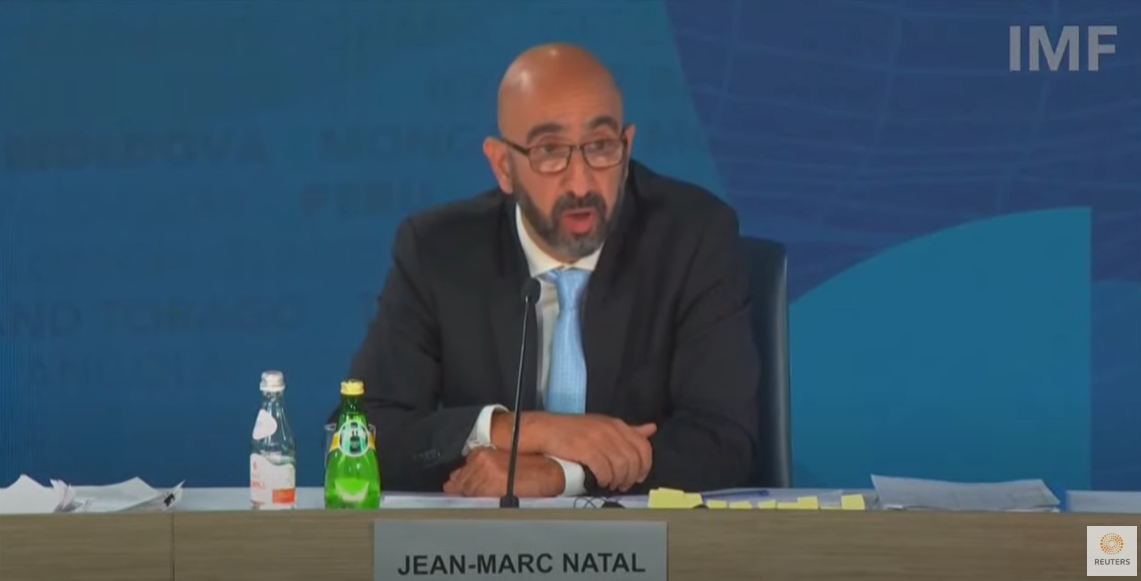The International Monetary Fund (IMF) has downgraded Nigeria’s 2024 growth projection to 2.9 per cent, citing disruptions in agriculture and oil production.
This marks a 0.2 per cent drop from its July forecast and a 0.4 per cent decline from its April projection, as revealed in the latest World Economic Outlook (WEO) report released recently during the IMF/World Bank annual meetings in Washington, D.C.
Jean-Marc Natal, deputy chief of the IMF’s Research Department, explained that the revision reflects weaker-than-expected economic activity in the first half of 2024.
He identified flooding, which has disrupted agricultural productivity, and security issues impacting oil production as the primary factors.
“These two elements have played a significant role in lowering growth expectations for 2024,” Natal said, emphasizing the volatility surrounding Nigeria’s economic outlook.
Despite the revised growth forecast for 2024, the IMF projects a slight improvement to 3.2 per cent in 2025, a 0.2 per cent increase from its previous forecast.
READ ALSO: IMF eases debt pressure for nations, cuts borrowing costs by 36%
However, these numbers remain below the World Bank’s projections, which forecast a 3.3 per cent growth for Nigeria in 2024 and 3.6 per cent by 2025-2026, as reported in its latest Africa’s Pulse.
The IMF’s outlook is further tempered by Nigeria’s ongoing inflationary pressures, with inflation expected to average 32.55 per cent in 2024. However, a gradual decline to 25 per cent by 2025 is anticipated, driven by tighter monetary policies.
Pierre-Olivier Gourinchas, the IMF’s economic counsellor, stressed the importance of balancing monetary and fiscal policies to combat inflation and manage rising debt.
He warned that while fiscal consolidation may be necessary, excessive austerity could impede growth. “We recommend a tight monetary policy stance in countries facing high inflation, but governments must be cautious not to cut essential services, like healthcare or public investments, that promote long-term growth,” Gourinchas added.
Nigeria’s economic growth in the first and second quarters of 2024 recorded 2.98 per cent and 3.19 per cent, respectively, amid rising inflation and a depreciating naira.
The IMF’s revised forecast underscores the fragile state of Nigeria’s recovery, with ongoing challenges in key sectors threatening its economic resilience.
Experts agree that for Nigeria to achieve its growth potential, addressing security concerns in oil-producing regions and implementing comprehensive agricultural reforms will be critical.
“Without tackling these structural bottlenecks, the country’s ability to grow sustainably remains limited,” said Dr. Ayo Ogundipe, an economic analyst at the Lagos Business School.

 Entertainment1 week ago
Entertainment1 week ago
 Entertainment4 days ago
Entertainment4 days ago
 Comments and Issues1 week ago
Comments and Issues1 week ago
 Comments and Issues1 week ago
Comments and Issues1 week ago
 Business1 week ago
Business1 week ago
 Comments and Issues1 week ago
Comments and Issues1 week ago
 Health6 days ago
Health6 days ago
 Football6 days ago
Football6 days ago

